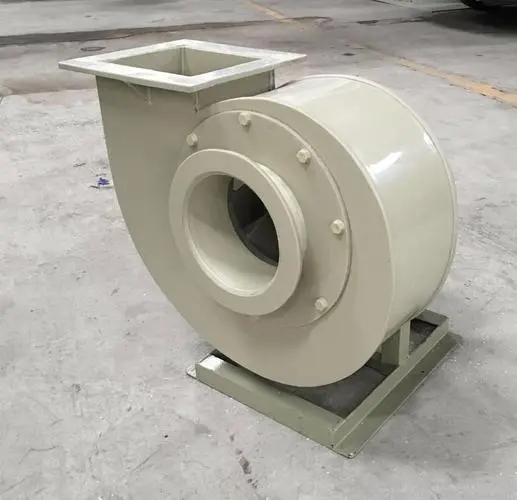Guidelines for Acquiring a Tensile Testing Machine for Material Strength Evaluation
Understanding the Importance of Purchasing a Tensile Tester
In the world of material science and engineering, the assessment of a material's mechanical properties is crucial. Tensile testing, a method used to determine how materials react under tension, plays an essential role in this evaluation. A tensile tester, also known as a tensile testing machine, is an indispensable tool in laboratories and manufacturing facilities to perform these tests accurately. This article will explore the significance of purchasing a tensile tester, the factors to consider, and the benefits it brings to businesses and research institutions.
The Significance of Tensile Testing
Tensile testing measures the strength, ductility, and overall behavior of materials when subjected to stretching forces. This information is vital for engineers and designers who need to ensure that materials will perform adequately in their intended applications. Industries such as construction, automotive, aerospace, and manufacturing rely heavily on inferior material performance, as failures can lead to catastrophic results. By understanding a material's tensile properties, companies can make informed decisions, improving product quality and safety.
Key Factors to Consider When Purchasing a Tensile Tester
1. Testing Capacity Different materials require different testing capacities. When purchasing a tensile tester, it is crucial to consider the maximum load requirements. Many testers are available with different load cell capacities, which should cater to the specific materials that will be tested in the lab or production environment.
2. Types of Materials Some tensile testers are designed specifically for certain types of materials, such as metals, plastics, composites, or textiles. When selecting a tensile tester, it is imperative to ensure that it is compatible with the materials you intend to test.
3. Control Systems Modern tensile testers come equipped with advanced control systems that allow precise adjustments to test parameters. Look for equipment that offers user-friendly interfaces and programmable features. Some testers may provide automated test protocols, enhancing reproducibility and efficiency.
4. Data Acquisition and Analysis Software Quality reporting and analysis software can transform raw test data into comprehensible information. This software helps in generating test reports and assists in interpreting the material properties efficiently. Investing in a tensile tester with robust software features can save time and improve accuracy.
purchasing tensile tester

5. Compliance and Standards Ensure that the tensile tester you select complies with relevant international testing standards such as ASTM, ISO, or DIN. Adherence to these standards will ensure that your test results are accepted and recognized globally.
6. Cost vs. Features While it's tempting to go with the least expensive option, it is crucial to assess the cost relative to the features offered. A high-quality, versatile tensile tester may involve a higher initial investment but can yield cost savings in the long run due to its durability and range of applications.
Benefits of Owning a Tensile Tester
1. Quality Control Owning a tensile tester allows companies to conduct in-house testing, enabling immediate feedback on production quality and material performance. This capability can significantly reduce the time to market for new products.
2. Customization of Tests Tailoring tests to meet specific project needs becomes feasible with an in-house tensile tester. This flexibility can facilitate innovative product development, helping businesses stay competitive.
3. Cost Efficiency While the initial expenditure for a tensile tester may seem substantial, outsourcing testing can accumulate considerable costs over time. In-house testing can be a cost-effective solution as it eliminates external service fees and accelerates the testing process.
4. Enhanced Research Opportunities For research institutions, having access to a tensile tester opens up numerous avenues for material innovation and development. Researchers can analyze materials in real time, contributing to advancements in various fields.
Conclusion
Purchasing a tensile tester is a significant investment that can substantially enhance a company's or research institution's capabilities. With the ability to accurately evaluate material properties, organizations can improve product safety, reduce costs, and foster innovation. By considering the factors outlined in this article, businesses can make informed decisions that align with their specific testing requirements and long-term goals. Ultimately, the right tensile tester can be a game-changer in material assessment and development.
-
Why the Conductor Resistance Constant Temperature Measurement Machine Redefines Precision
NewsJun.20,2025
-
Reliable Testing Starts Here: Why the High Insulation Resistance Measuring Instrument Is a Must-Have
NewsJun.20,2025
-
Flexible Cable Flexing Test Equipment: The Precision Standard for Cable Durability and Performance Testing
NewsJun.20,2025
-
Digital Measurement Projector: Precision Visualization for Modern Manufacturing
NewsJun.20,2025
-
Computer Control Electronic Tensile Tester: Precision and Power for the Modern Metal Industry
NewsJun.20,2025
-
Cable Spark Tester: Your Ultimate Insulation Assurance for Wire and Cable Testing
NewsJun.20,2025
 Copyright © 2025 Hebei Fangyuan Instrument & Equipment Co.,Ltd. All Rights Reserved. Sitemap | Privacy Policy
Copyright © 2025 Hebei Fangyuan Instrument & Equipment Co.,Ltd. All Rights Reserved. Sitemap | Privacy Policy
